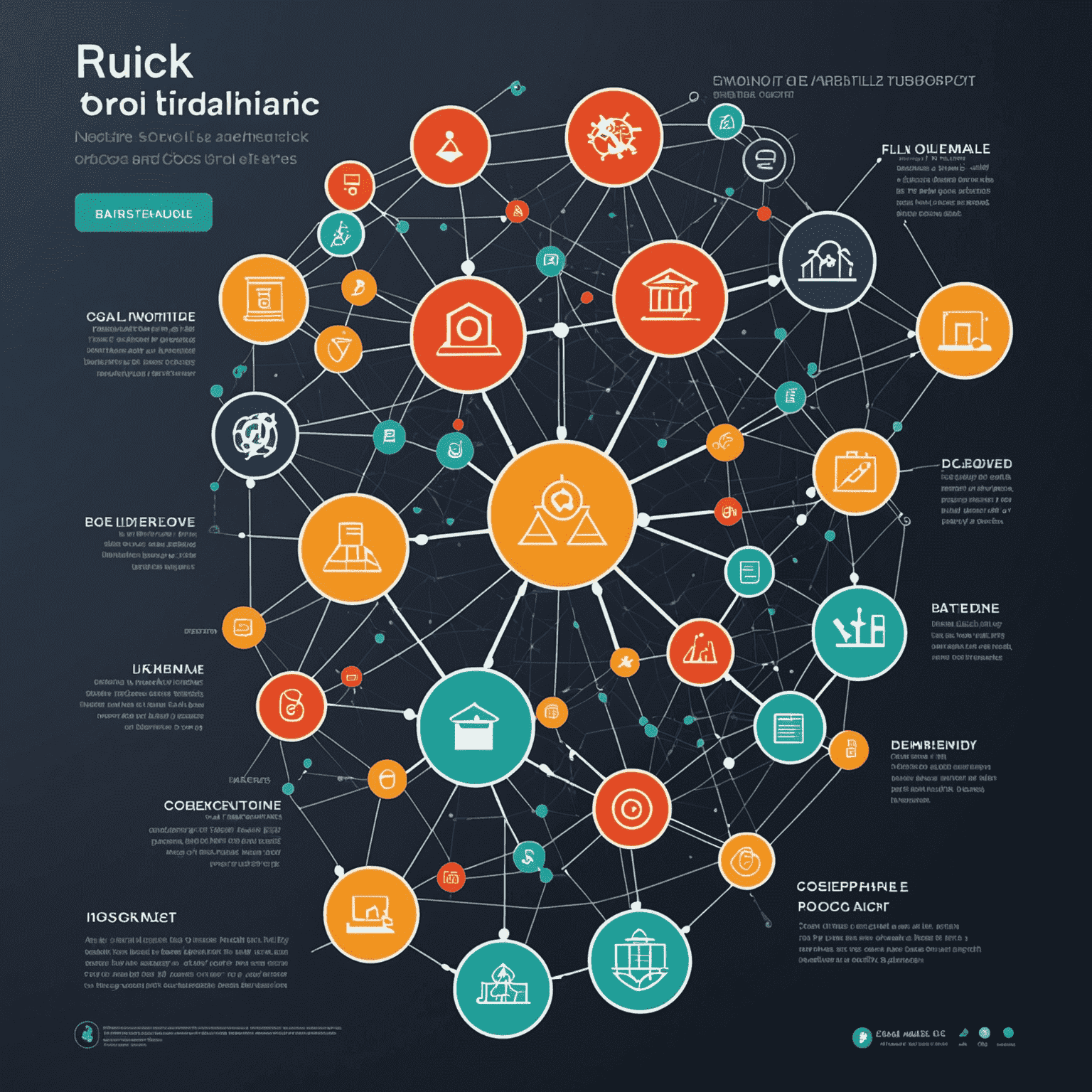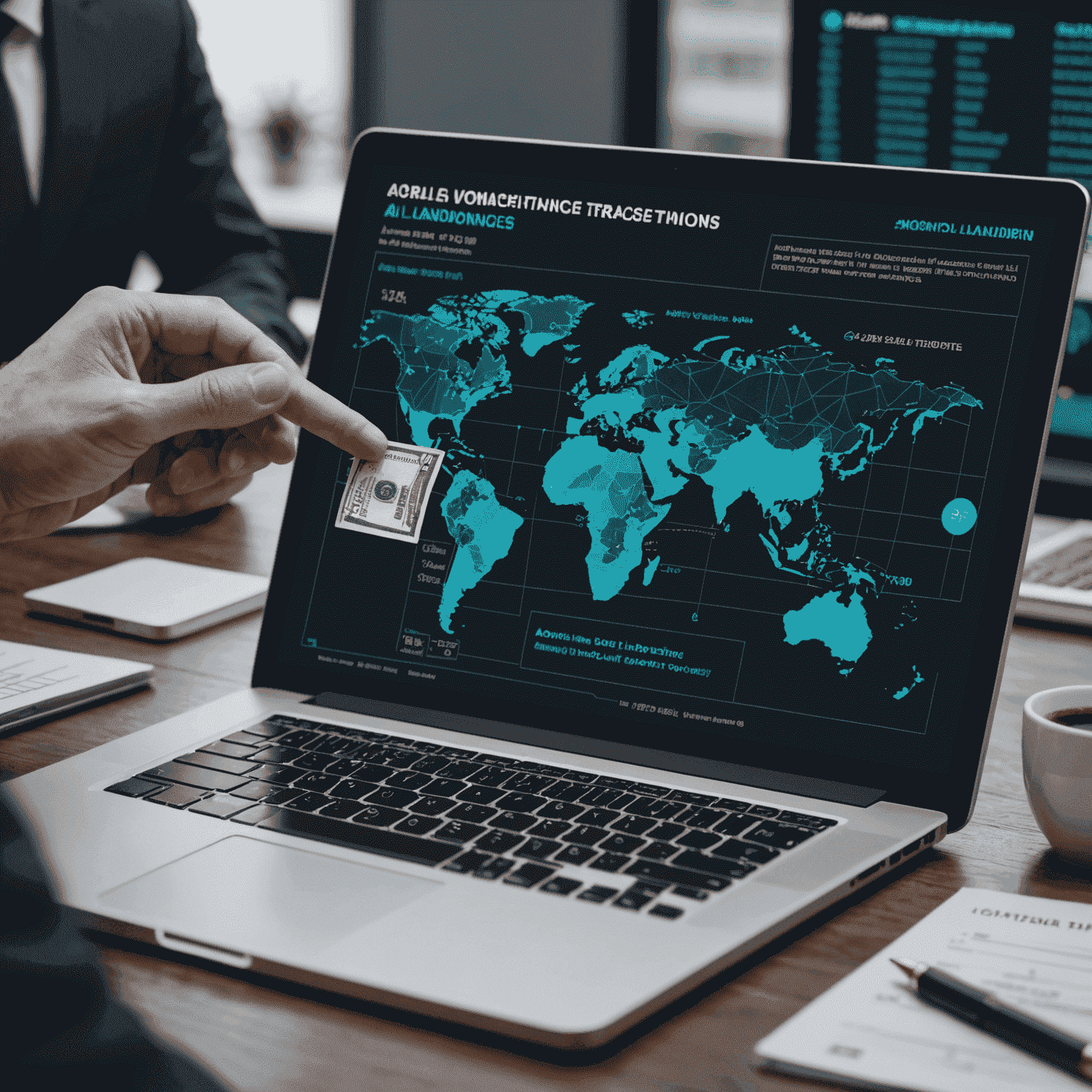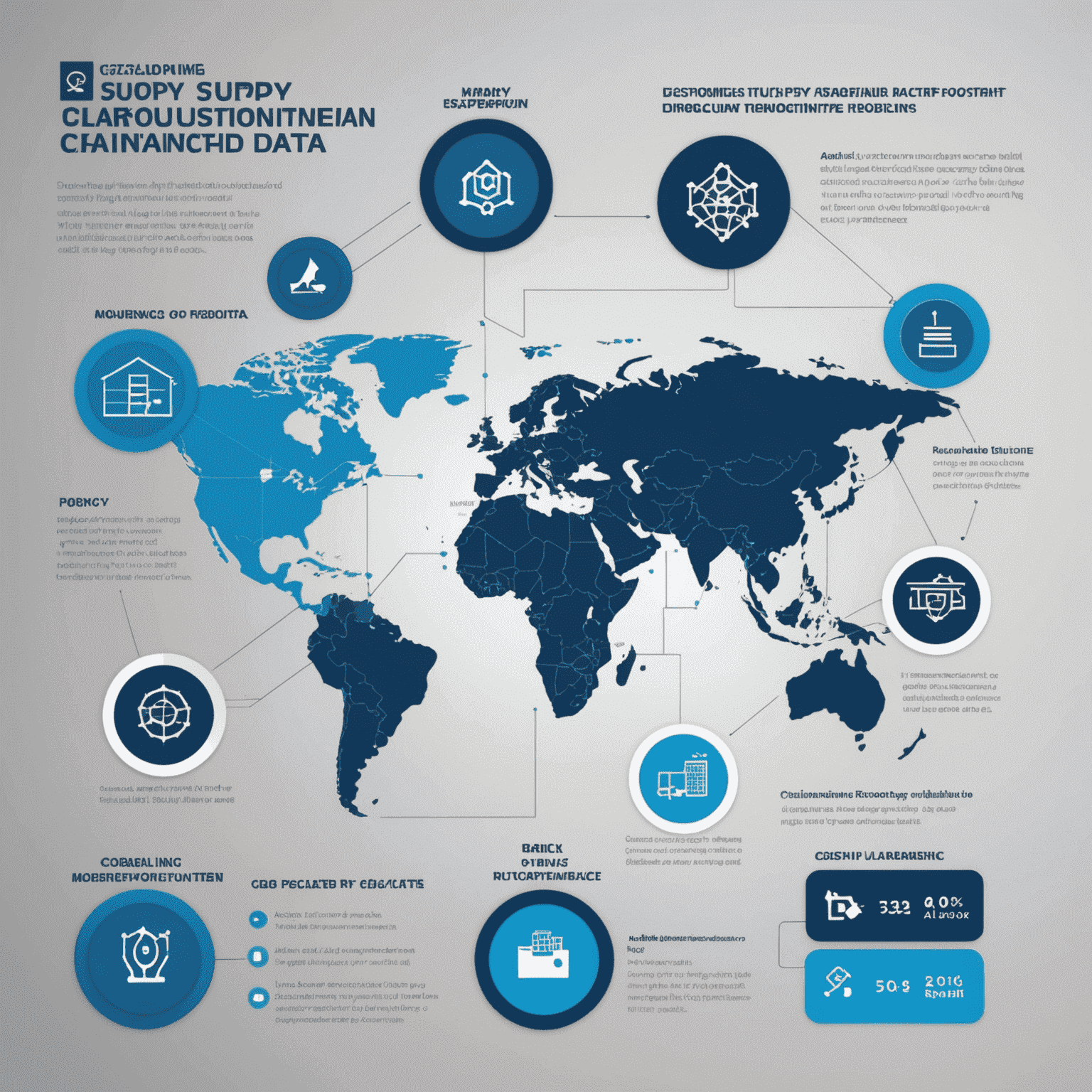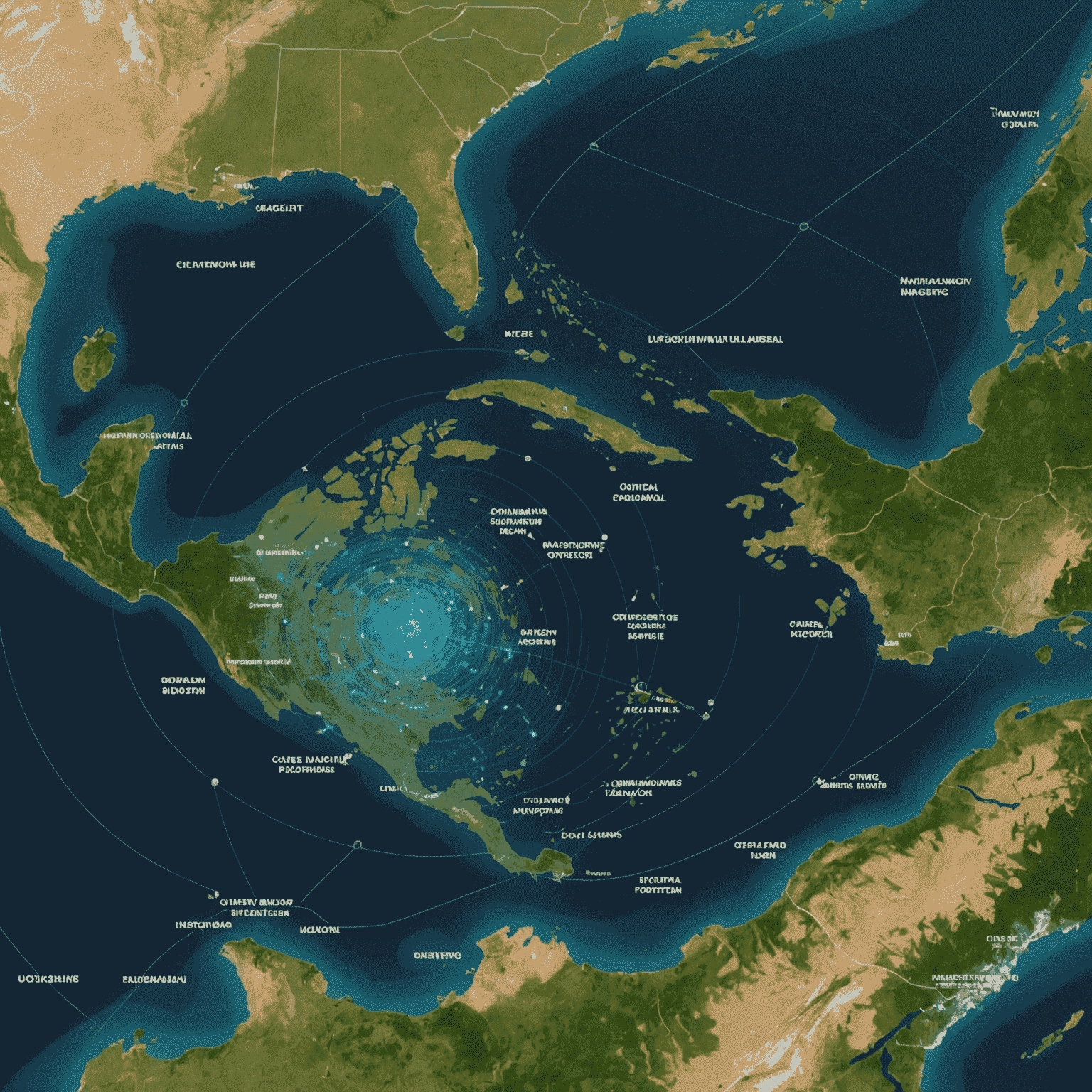AI Breakthroughs in Risk Management

Recent advancements in artificial intelligence have revolutionized risk assessment and mitigation strategies across multiple sectors, offering unprecedented accuracy and efficiency in managing potential threats.
1. Financial Sector: Enhanced AML Checks
In the realm of finance, AI-driven systems have significantly improved anti-funds laundering (AML) processes. These sophisticated algorithms can now analyze vast amounts of transaction data in real-time, identifying suspicious patterns that human analysts might miss.

2. Cybersecurity: Predictive Threat Detection
AI-powered cybersecurity tools are now capable of predicting and preventing cyber attacks before they occur. By analyzing network traffic and user behavior, these systems can identify potential vulnerabilities and unusual activities, allowing for proactive risk mitigation.
3. Supply Chain Management: Dynamic Risk Assessment
AI algorithms are revolutionizing supply chain risk management by providing real-time insights into potential disruptions. These systems can analyze global events, weather patterns, and market trends to forecast and mitigate supply chain risks effectively.

4. Healthcare: Personalized Risk Profiling
In healthcare, AI is enabling more accurate patient risk assessments. By analyzing genetic data, lifestyle factors, and medical history, AI systems can create personalized risk profiles, allowing for tailored prevention strategies and early interventions.
5. Environmental Risk Management
AI is playing a crucial role in environmental risk assessment, particularly in climate change mitigation. Advanced models can now predict natural disasters with greater accuracy, allowing for better preparedness and risk reduction strategies.

Conclusion
As AI continues to evolve, its applicationslications in risk management are becoming increasingly sophisticated and wide-ranging. From enhancing AML checks in finance to predicting environmental risks, AI is proving to be an invaluable tool in identifying, assessing, and mitigating risks across various industries. The future of risk management looks promising, with AI at the forefront of innovation and efficiency.